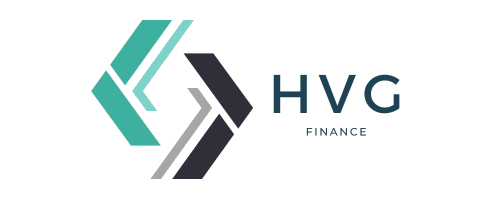In today’s fast-paced world, credit cards have become an integral part of our financial lives. They offer convenience and flexibility, allowing us to make purchases and access funds when needed. However, the misuse of credit cards can lead to financial stress and debt. That’s why it is crucial to understand how to use credit cards wisely and responsibly. In this article, we will explore the importance of understanding credit card usage and provide strategies for responsible credit card management.
The Importance of Understanding Credit Card Usage
Credit cards can be a valuable tool when used correctly, but they also come with risks if not managed wisely. It is essential to have a clear understanding of credit card usage to avoid falling into financial traps. One of the crucial aspects to comprehend is the concept of interest rates. Credit card companies charge interest on the outstanding balance if it is not paid in full by the due date. This interest adds to the amount owed and can quickly accumulate, leading to a cycle of debt if not managed properly.
Another important factor to consider is credit utilization. Credit utilization refers to the percentage of your available credit that you are using. It is recommended to keep your credit utilization ratio below 30% to maintain a healthy credit score. Using a higher percentage of your available credit can signal financial instability to lenders and negatively impact your creditworthiness.
Understanding the terms and conditions of your credit card agreement is vital as well. Familiarize yourself with the interest rates, fees, and any additional charges associated with your card. Being aware of these details will help you make informed decisions about your credit card usage and avoid any surprises when it comes to your monthly bill.
Strategies for Responsible Credit Card Management
- Paying on time: One of the most important strategies for responsible credit card management is paying your bills on time. Late payments can result in hefty late fees, an increase in interest rates, and a negative impact on your credit score. Set up automatic payments or reminders to ensure you never miss a due date.
- Paying in full: Whenever possible, it is advisable to pay your credit card balance in full each month. By doing so, you avoid paying interest on the outstanding balance and prevent the accumulation of debt. If you cannot pay in full, try to pay more than the minimum payment required to reduce the interest charges.
- Budgeting: Creating a monthly budget is crucial for managing your credit card usage responsibly. Determine your income and expenses, including credit card payments, and allocate funds accordingly. Stick to your budget and avoid overspending to prevent accumulating more debt than you can afford to repay.
- Limiting the number of cards: Having multiple credit cards can be tempting, but it can also lead to overspending and confusion when it comes to managing payments. Consider having one or two credit cards at most, that suit your needs and financial situation. This will make it easier to keep track of your spending and manage your payments effectively.
- Monitoring your statements: Regularly reviewing your credit card statements is essential to identify any errors or fraudulent activities. Keep an eye out for unauthorized charges or any discrepancies. If you notice anything suspicious, contact your credit card provider immediately to resolve the issue.
Using credit cards wisely is a skill that can greatly contribute to your overall financial well-being. By understanding credit card usage and implementing responsible management strategies, you can avoid unnecessary debt and maintain a healthy credit score. Remember to pay your bills on time, pay in full whenever possible, budget your expenses, limit the number of credit cards you have, and monitor your statements regularly. By doing so, you will be well on your way to leveraging credit cards wisely and achieving financial success.
FAQ
Q: What is the best way to manage credit card debt?
A: The best way to manage credit card debt is to pay your bills on time and in full whenever possible. If you cannot pay in full, try to pay more than the minimum payment required to reduce interest charges. Create a budget to allocate funds for credit card payments and avoid overspending.
Q: How can I improve my credit score through credit card usage?
A: You can improve your credit score by using your credit cards responsibly. Pay your bills on time, keep your credit utilization ratio below 30%, and avoid opening too many credit card accounts. Regularly review your credit reports and dispute any errors or discrepancies.
Q: Should I close unused credit card accounts?
A: It is generally not recommended to close unused credit card accounts as it can negatively impact your credit score. Closing an account reduces your available credit, which can increase your credit utilization ratio. However, if the card has an annual fee or you are unable to manage multiple cards responsibly, it may be beneficial to close the account.
